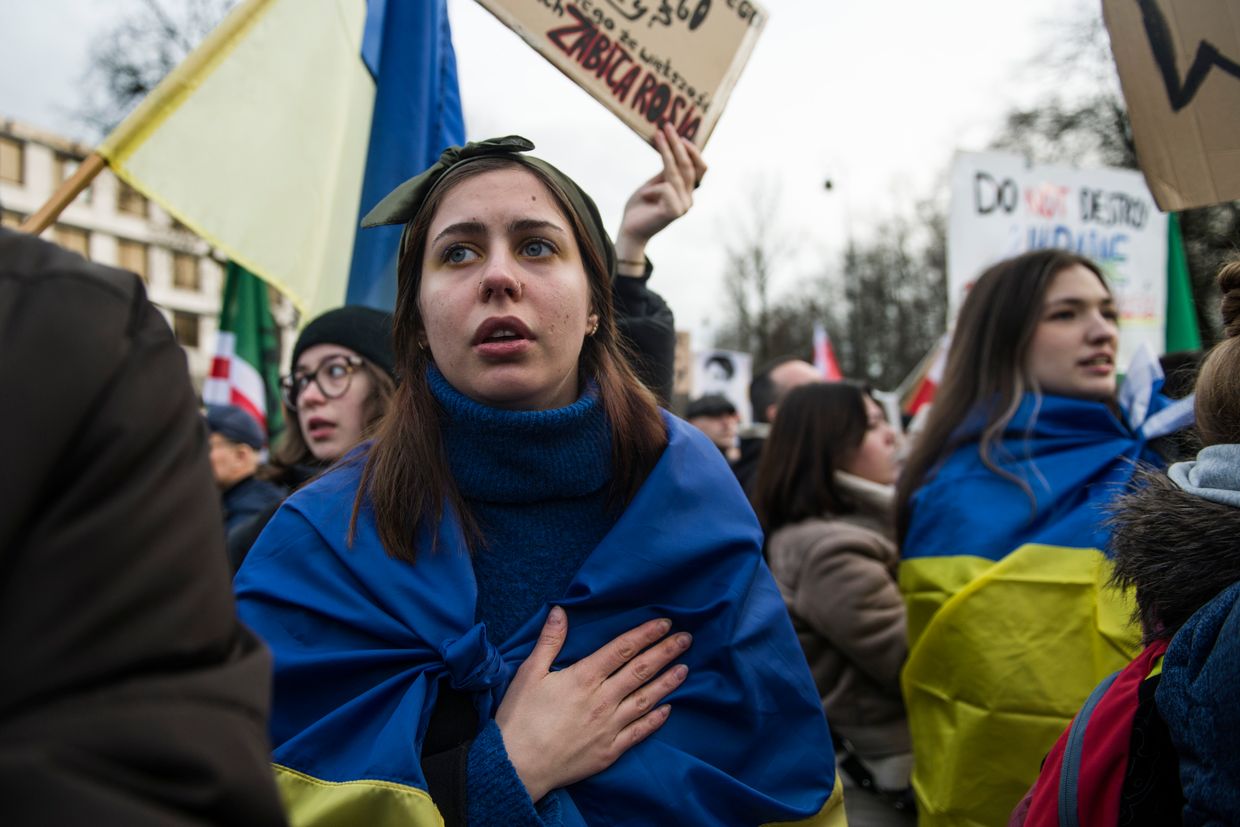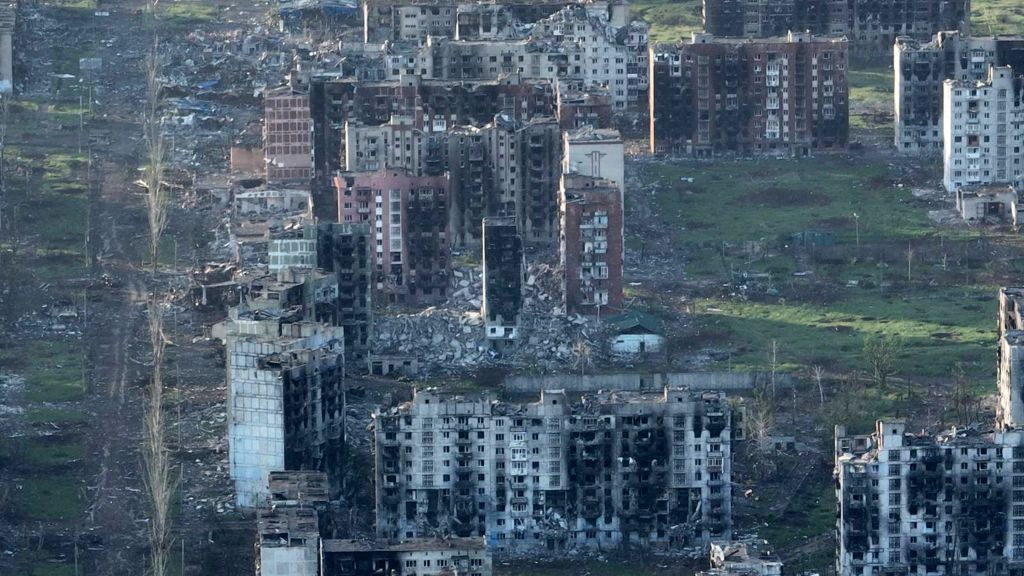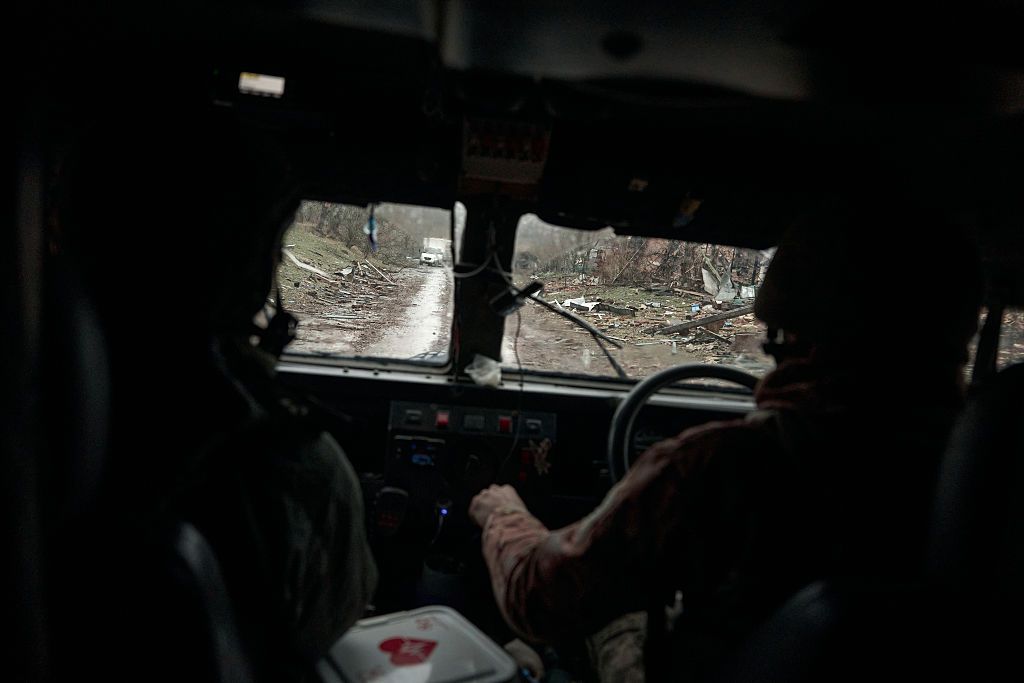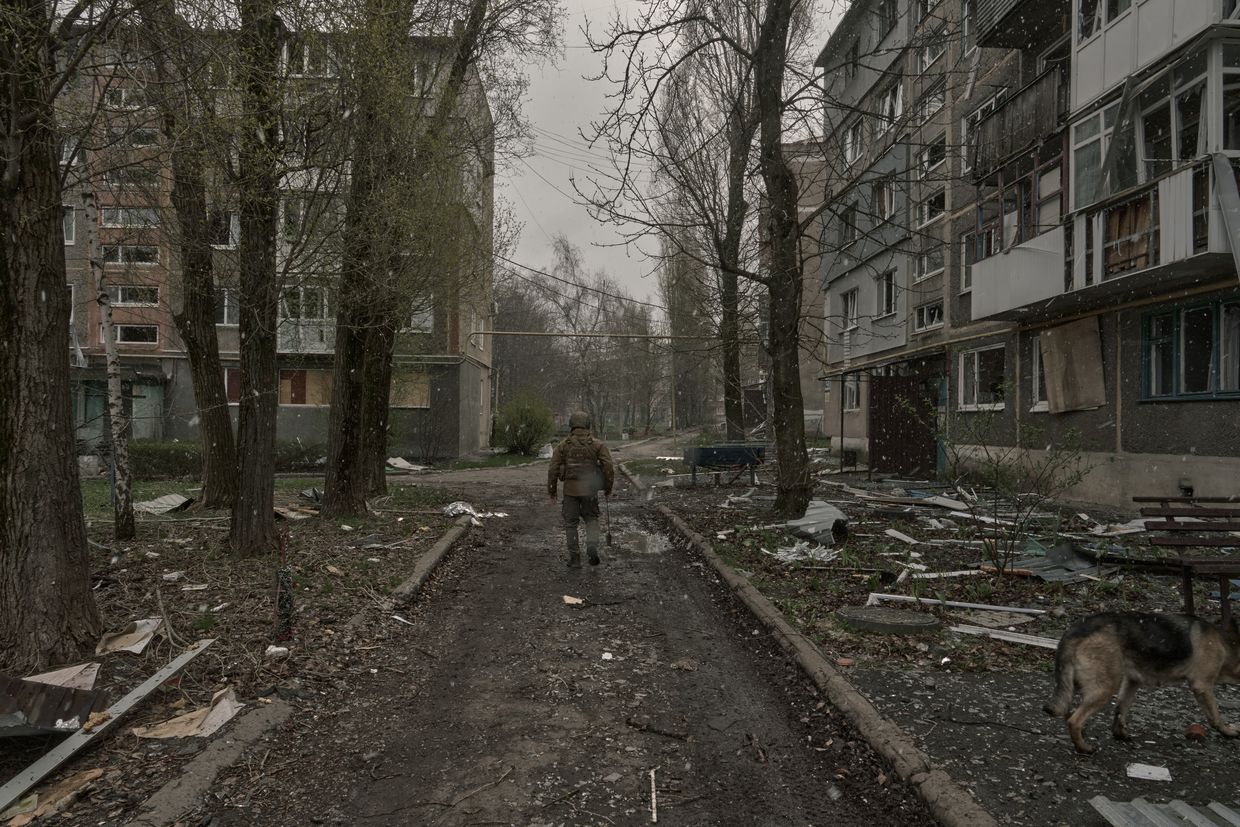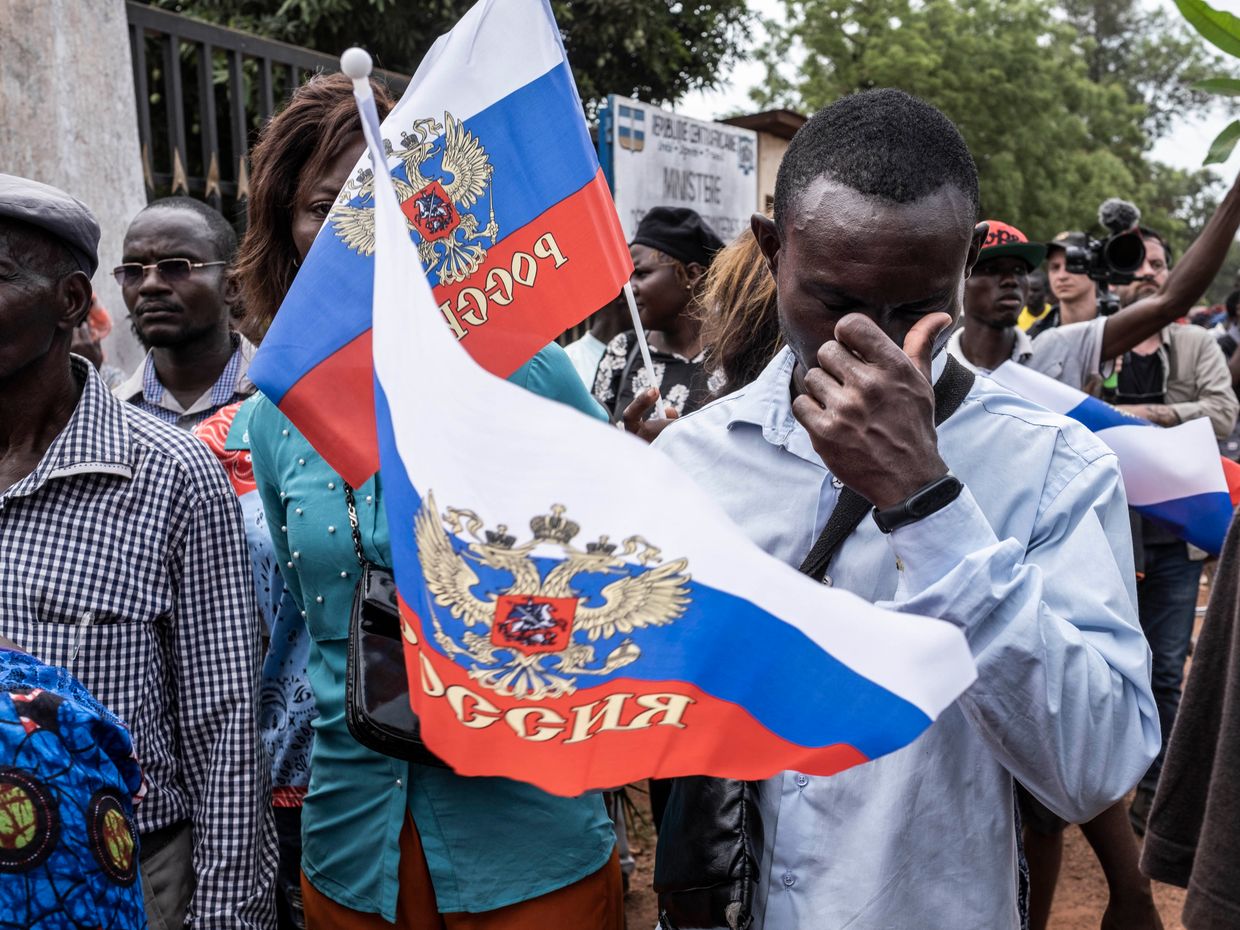Russia may be willing to use a portion of its $300 billion in frozen assets to help rebuild Ukraine as part of a potential peace deal but insist that some of the funds be allocated to occupied territories, Reuters reported on Feb. 21, citing sources familiar with the matter.
The discussions reportedly come amid negotiations between U.S. and Russian officials following their Feb. 18 meeting in Saudi Arabia. It is unclear whether the frozen assets were discussed during the talks.
According to Reuters, one of the sources said Russia could agree to allocate up to two-thirds of frozen assets for Ukraine's reconstruction, provided accountability guarantees.
The remaining funds, Moscow reportedly insists, would go toward rebuilding Russian-occupied territories in eastern Ukraine, which the Kremlin claims as part of Russia.
Another source noted that, while Moscow appears open to using the frozen assets, the distribution of funds and the allocation of reconstruction contracts remain key points of contention.
A separate Kremlin-linked source, not directly involved in negotiations, said Russia still demands a gradual easing of sanctions and the full release of its frozen assets.
Following Russia's full-scale invasion of Ukraine, over $300 billion in Russian central bank reserves were frozen, with most — 191 billion euros ($198 billion) — held in Belgium's Euroclear depository.
The G7 has previously announced that these funds will remain frozen until Russia pays for the destruction it has caused in Ukraine.
The EU has already begun leveraging proceeds from frozen Russian assets to support Ukraine. In January, Ukraine received 3 billion euros ($3.09 billion) as part of the EU's Ukraine Facility, funded through interest earned on the frozen reserves.
The U.S. and G7 partners have pledged nearly $50 billion in loans to Ukraine, backed by revenue from Russian assets.
Russian President Vladimir Putin declared the illegal annexation of Ukraine's Zaporizhzhia, Donetsk, Luhansk, and Kherson oblasts on Sept. 30, 2022.
Moscow's latest position signals a potential shift in its approach to post-war financial settlements but underscores its continued insistence on legitimizing its occupation of Ukrainian territories.
